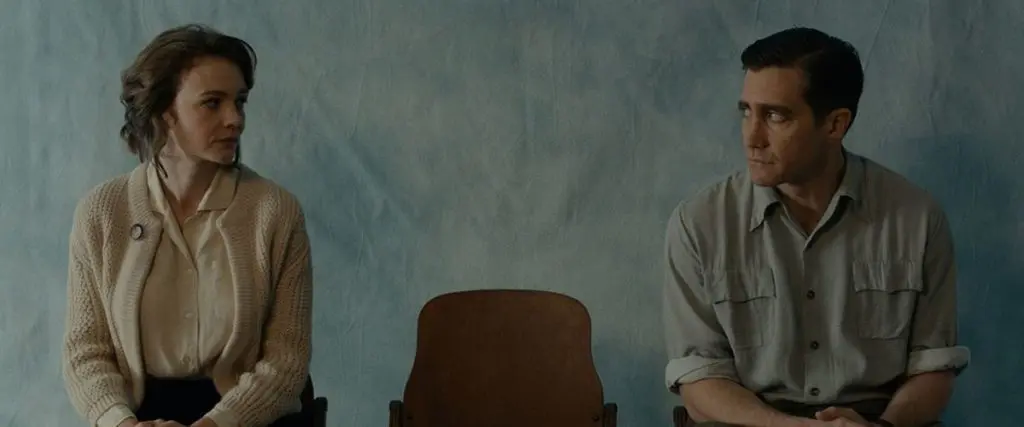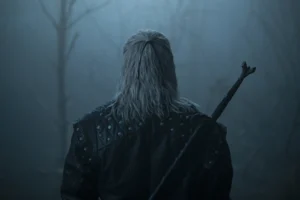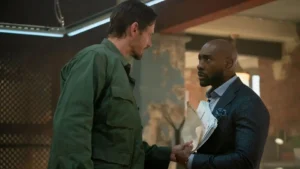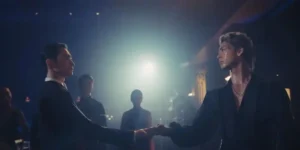Summary
A father who is failing as a provider for his family, a mother trying to break free of her predefined role, and their son who is caught in-between, all the while living in the overtly masculine northwest. Wildlife is beautifully photographed with a hypnotic performance from Carey Mulligan.
Young adults in Wildlife can’t seem to settle down, even if they are raising a child that needs stability in his life. The mother, Jeanette (Carey Mulligan), is a doting housewife who wants to do more than sitting at home while waiting for her husband to hear about his day and let him find a game on the radio while she does the dishes. Jerry (Jake Gyllenhaal) is a former golfer and now a golf pro in a small town country club in 1960s Montana.
Jerry can’t keep a job and keeps moving his family around for a better opportunity, to his son’s dismay. In this Wildlife they lead, the parents are caught between the ambitions they still have left and a family that should be planting roots. Soon Jerry joins a group of men who fight forest fires for little pay and many risks because a man needs more out of life, even if it means it will hurt his own family.
The film was directed by Paul Dano (There Will Be Blood), a fine actor who has starred in numerous great films for years, co-written by his partner Zoe Kazan (The Big Sick, and one of my favorites, Ruby Sparks). They do a fine job capturing the disorientation of a teenager being moved to the middle of nowhere in the overtly masculine northwest while feeling alienated by his parent’s selfish choices of not accepting their roles as providers, which happened too early for them.
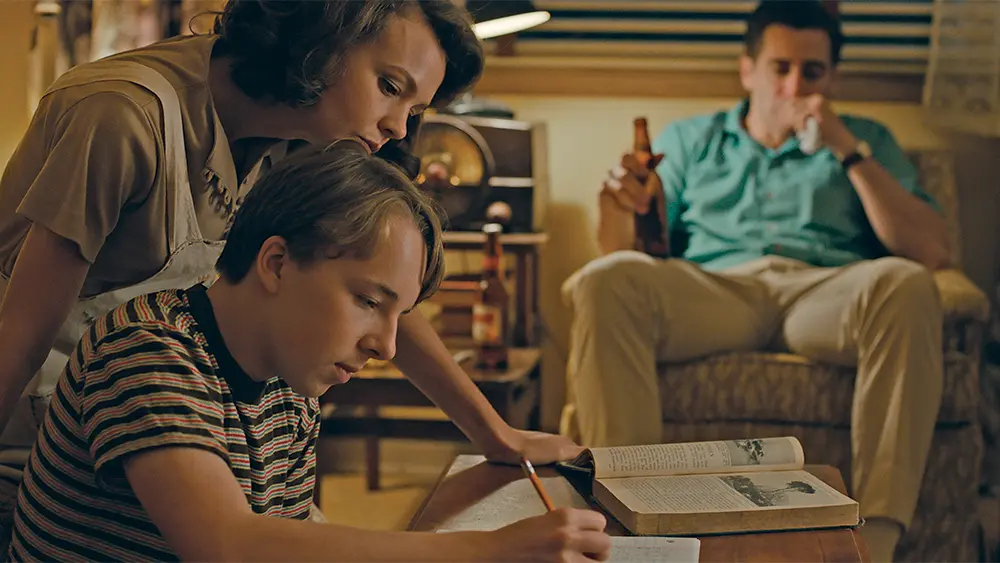
Their son is played by Ed Oxenbould (The Visit), who seems to be the only mature one in the family. Gyllenhaal continues to build an eclectic filmography of vastly different male characters, depicting Jerry’s failings as a father, a provider and feels less of a man because of it. The film is a showcase for Mulligan, whose performance is hypnotic. She is leaning on her son for mature guidance, a victim of the era she was born into, and trying to break free of the predefined role society has chosen for her.
Wildlife is beautifully shot, with some of the gorgeous frontier scenes put on film this year, rivaling The Rider. The film has a great sense of time and place, with one of the film’s best scenes comes when Mulligan’s Jeanette decides to play hooky with her son and drive up north near the Forrest fires on the Canadian border. They drive past the workers, puts herself and even her son uncomfortably close to the blaze, showing the real power of the flames rolling downhill, symbolizing the deep-seated unrest felt as Jerry’s abandonment has evoked within her. It’s mesmerizing. Joe, caught between her mother and quite literally, the fire, is the most perplexed teenager in America at that moment.
Wildlife can sometimes come to a standstill with its deliberate pace and unsatisfying ending being some mild flaws. Dano and Kazan, though, more than make up for it with a finely adapted script from the book of the same name from Richard Ford that is stunningly acted, beautifully photographed, and comes vividly to life.

